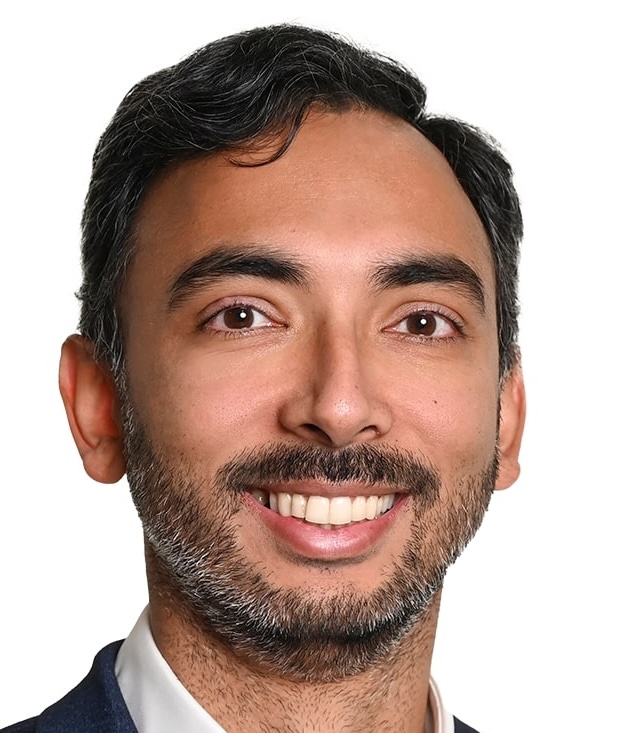The power of going private

- Although it is easier to buy and sell investments in the public markets, on average they might provide lower potential returns compared to private markets over the long term
- Private markets are less liquid than public markets but illiquidity allows for long-term value creation
- EQT aims to make private markets more accessible with lower minimum investments and open-ended structures
How should an investor look at the different markets, public and private? Why should they be looking at private markets?

Vai Rajan: The public markets are generally easier. That is, after all, why they were created. Investors can get pricing when they want and can tweak their exposures as they see fit. Some administrative aspects also make them more straightforward.
But buying equity or lending to a company is exactly the same whether you’re doing it in a public or private setting. The main difference between the two is whether investors can tolerate or mitigate the potential barriers to entry in private markets, which are larger than public markets. By some estimates, there are between 1,000 and 10,000 times as many companies that are private. So, there is more choice and a different opportunity.
This has always traditionally been a market for institutional investors. What has changed?
Vai Rajan: In the past it has been a complicated asset class – not so much on the basis of what we do, but how to access it. It’s been important to make sure that investors truly understand the risks.
But what has changed is awareness that there are more opportunities in the market. There is more capital available, and technology has made many of the administrative hurdles of accessing private markets less burdensome.
Over the past two decades, as private wealth has grown, family offices have noticed that the most successful long-term portfolios in the private markets have been generating superior returns and have wanted access for themselves.
How much should investors be concerned about illiquidity in the private markets?
Vai Rajan: Banks have historically rated private market funds as higher risk because of illiquidity even though the risk of loss of principal might not be as high as in public markets.
The crucial question for investors is “How much of your total wealth do you think you will need to be able to access at that short notice be it tomorrow, next week or next month?” No one has ever said 100% to me, and that’s the key if you are targeting higher returns.
There is also the presumption that illiquidity is inherently bad. But the ability to sit and not do anything, not be forced to sell or buy is actually very powerful. It’s useful to explain to investors that funds require illiquidity because creating value and growth takes a while.
To what extent are the private markets impacted by current market turmoil?
Vai Rajan: I believe that this isn’t actually a more difficult environment in a historical context. It is possibly more challenging than it was five years ago, but that period could be seen as the exception, not the rule. Any large, successful and global private equity firm has seen multiple cycles.
Today is the kind of environment where we built our track record, not five years ago.
The current environment with people competing, but uncertainty over valuations, is good for finding opportunities. This environment also allows investors to see who is creating value versus those who have been taking advantage of financial engineering in the era of low interest rates. That understanding is not a bad thing because it can ultimately mean finding managers who will create more sustainable returns for investors.
What is EQT doing in the private wealth space and what differentiates you from other players in the market?
Vai Rajan: EQT is a long-term investor with an industrial mindset. We want to find good businesses and make them better for the long run.
There are three major differentiators here. The first is that we like to be local investors. We aren’t investing from one hub, rather we are in the country and in the city where we are making investments. A great example is our is our first infrastructure investment in South Korea. It emerged three years after we opened an office there as we really wanted to make sure we were ingrained locally.
The second is our network of more than 600 industrial advisors globally. Every time we own a business, we will get experts from those sectors to help with the due diligence and then join boards to help steer our portfolio companies. We do not run every company, that’s not our expertise. We bring on people who have the specific experience from industry to complement our active ownership approach.
The final differentiator is that EQT is truly global. There aren’t many other truly global firms which are investing at every stage of a company’s life, from early-stage venture funding to large buyouts. This means we can see global trends early, which makes us better investors. That is very compelling for investors.
How is EQT rolling out in the private wealth space?
Vai Rajan: We did not want to create a different investment strategy.
The first part of our wealth strategy has been to make funds more accessible to investors in terms of lower minimums and work with private banks. Step two has been to rethink from scratch how investors like to access funds. The question we have been asking ourselves is whether new structures are required. This is where open-ended evergreen strategies have come into play because they allow more flexibility. They take away the unpredictability of capital calls and distributions.
What we’re trying to do on the wealth side is to make private markets more accessible, solve the administrative hurdles around entry, while continuing to do what we’ve done on the investment side for more than three decades.
Visit eqtgroup.com to learn more.






